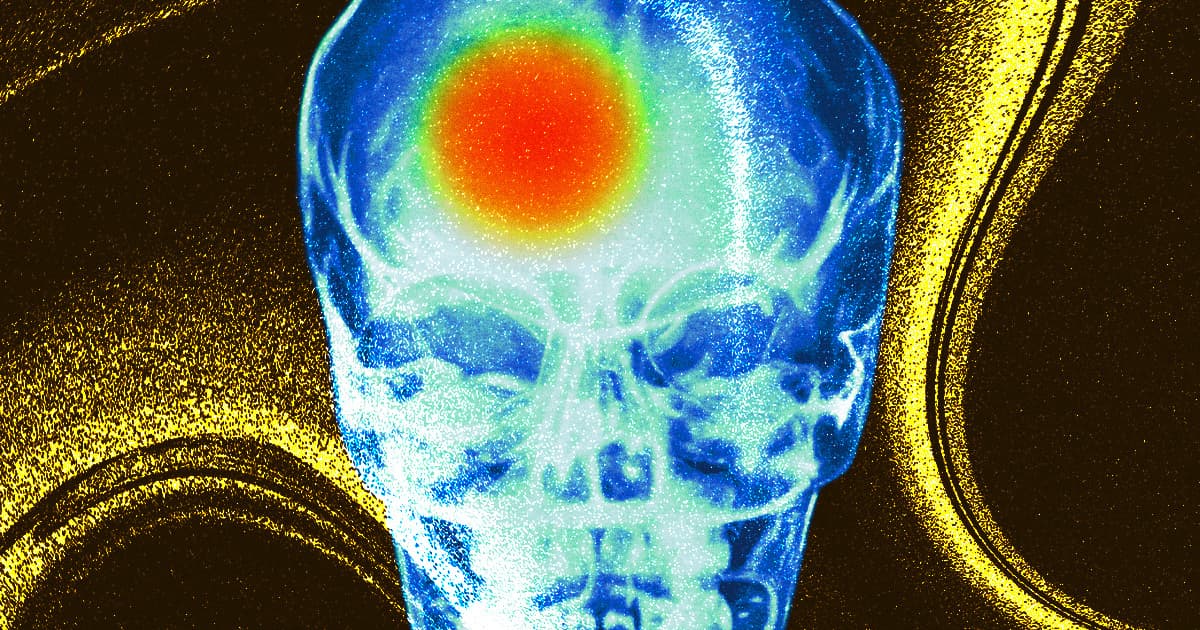And it's not just the heat.
Heat Stroke
New research has shown that the number of stroke-related deaths and disabilities linked to extreme temperatures has been growing since 1990.
The findings, published in the journal Neurology, don't outright prove that climate change is causing these strokes, but it's the first study to examine strokes attributable to extreme temperatures on a global scale.
And the picture the numbers do paint is pretty damning. Last year, the researchers found, more than 500,000 stroke deaths were linked with "non-optimal" temperatures, or temperatures outside the range associated with the lowest death rates. Men were marginally more affected than women, but all age groups were susceptible to the trend.
"Dramatic temperature changes in recent years have affected human health and caused widespread concern," said study co-author Quan Cheng of Xiangya Hospital Central South University in China, in a statement about the work. "Our study found that these changing temperatures may increase the burden of stroke worldwide, especially in older populations and areas with more health care disparities."
Cold Killer
Stroke is the leading cause of death in the US, according to the Centers for Disease Control and Prevention, with the death rate climbing from 38.8 per 100,000 in 2020 to 41.1 per 100,000 in 2021.
The relationship between heat and strokes is complex, though. In 2019, the vast majority of strokes in that half a million tally were actually caused by lower temperatures. As the researchers explain, the cold can cause blood vessels to constrict, driving up a person's blood pressure — a huge risk factor for stroke.
Extreme colds are being caused by the polar vortex, a region of low pressure and cold air near the Earth's poles. Rising temperatures disrupt the vortex's patterns, driving its chilly contents to areas it doesn't normally reach.
Still, stroke deaths linked to high temperatures have increased rapidly, the study found, and as temperatures continue to climb, that trend will only get worse. This March was the hottest one on record, for the tenth month in a row. Last year was the hottest in history.
A disproportionate amount of these stroke deaths were concentrated in Africa. But the region with the highest death rate for strokes related to extreme temperatures was central Asia, with 18 deaths per 100,000.
No analysis is perfect, however. Some of the uptick is attributable to aging, the researchers said. They also note that due to limitations in the data they used, they could not account for obvious stroke risk factors like high blood pressure and cholesterol levels.
There's clearly more work to be done, but it makes intuitive sense. The more extreme temperatures get, the more our bodies are at risk.
More on climate change: Scientists Discover the Villains Destroying the Planet
Share This Article
